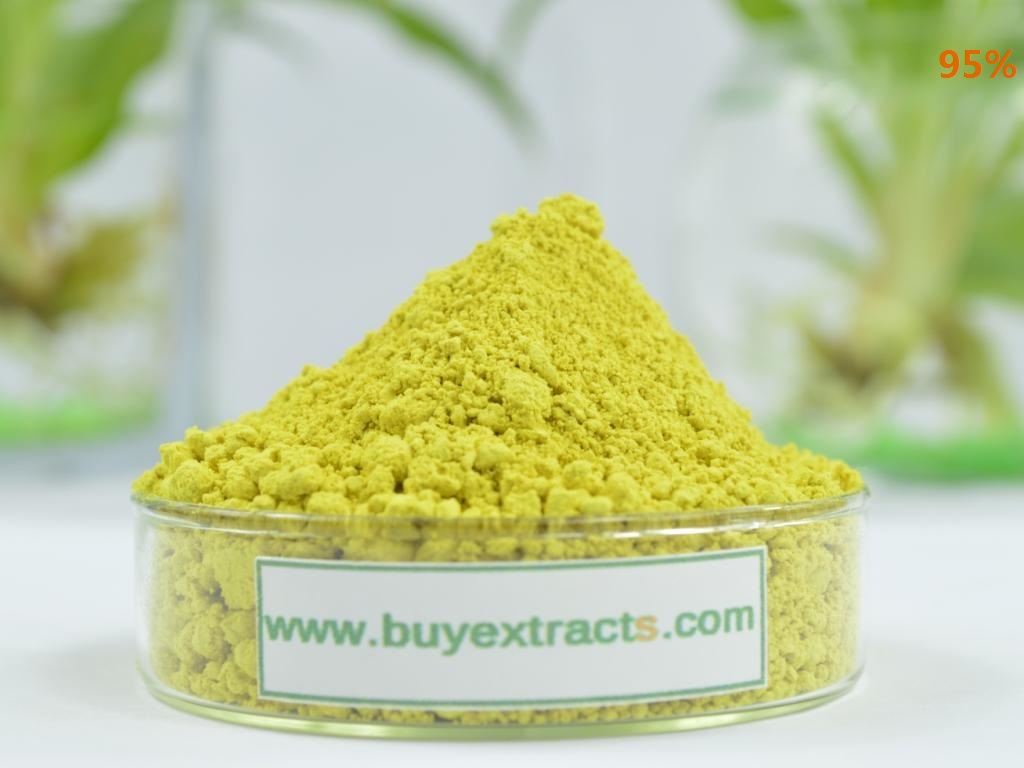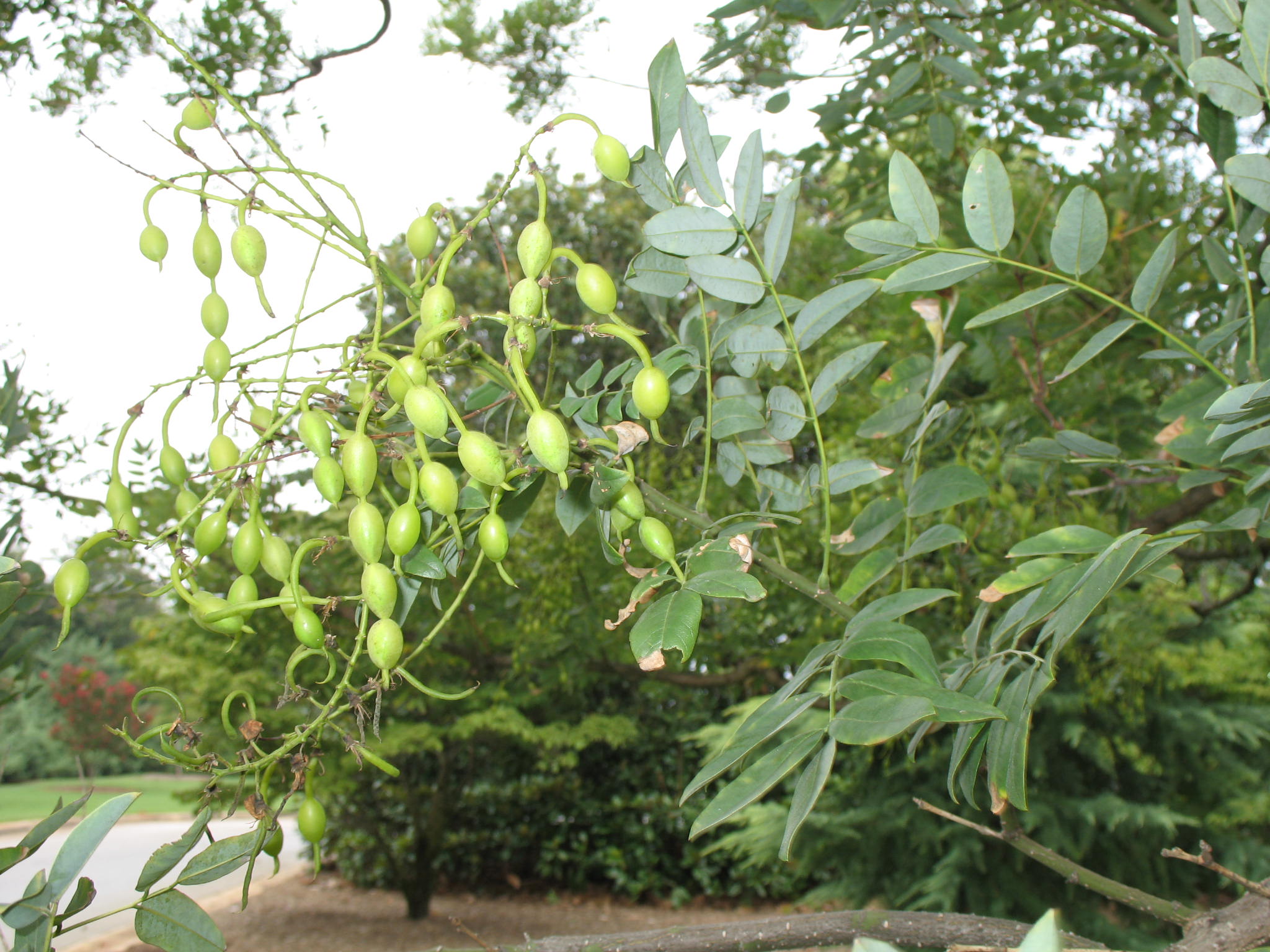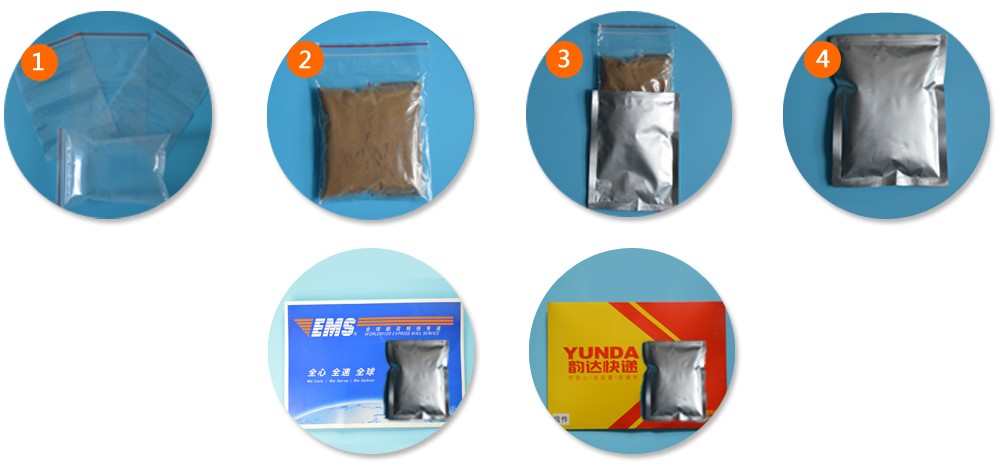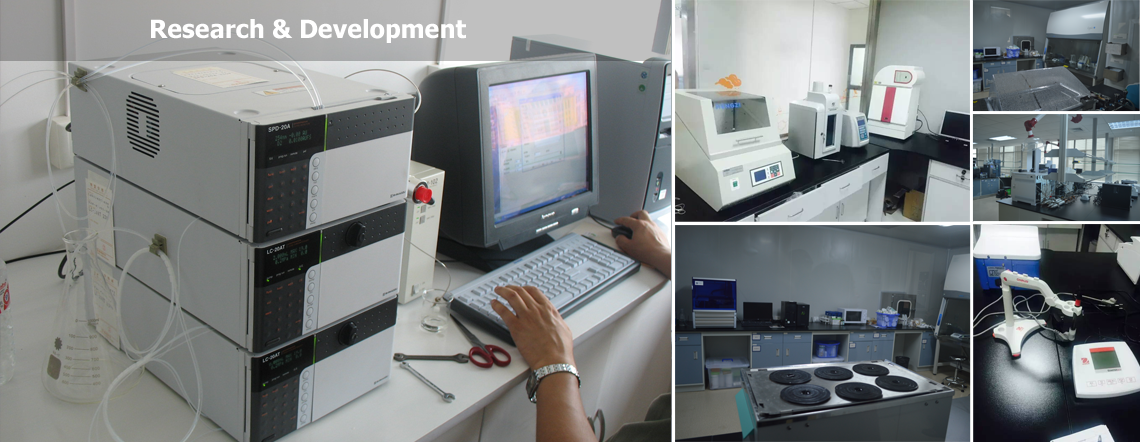1. Prostatitis
Quercetin has anti-inflammatory and antioxidant effects and may reduce pain and inflammation of the prostate.
Recommended Dosage —— 1,000 mg per day
2. Hypertension
Studies show that quercetin supplementation reduces blood pressure in people who have mild high blood pressure.
Recommended Dosage —— 730mg quercetin in two divided doses
3. Exercise-induced respiratory infections
In one study, prolonged (over a week at minimum) supplementation of quercetin significantly reduces the number of upper respiratory tract infections in cycling athletes following intensive exercise.
Recommended Dosage —— For athletes who will have intensive exercise, 500 mg twice a day, beginning three weeks before and continuing for two weeks after.
4. Allergies and Sensitivities
Many of the effects of allergic reactions are caused by the release of histamine, chemicals that cause allergic reactions. In test tubes, quercetin prevents immune cells from releasing histamines. On that basis, researchers think that quercetin may help reduce symptoms of allergies, including runny nose, watery eyes, hives, and swelling of the face and lips. However, there is no evidence yet that it works in humans.
*The Content here is not intended to be a substitute for professional medical advice, diagnosis, or treatment. Always seek the advice of your physician with any questions you may have regarding a medical condition.
















